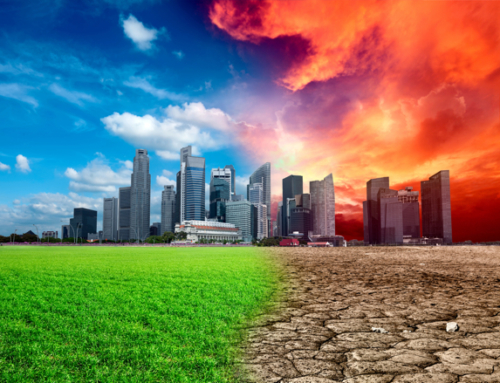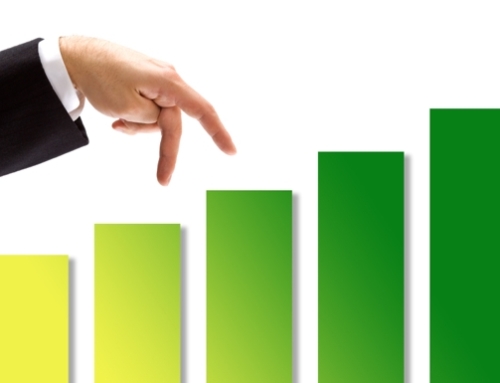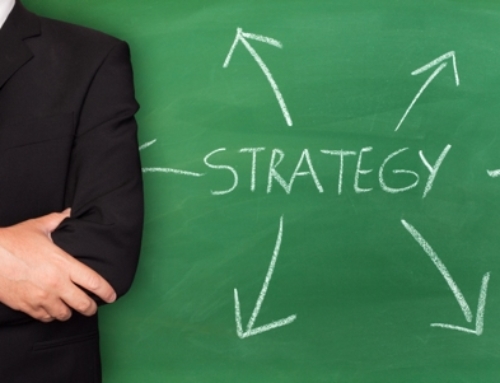A growing number of organizations and networks are engaging with public and private companies to integrate sustainable development principles into their long term business strategies, and move ahead with the international movements for sustainability both at local and global level.
In the current debate around how to meet the challenges of corporate sustainability within the 21° century, there are several essential factors to consider that are usually categorized as economical, social, political, environmental, technological and global influences.
These influences deal with the key issue of transforming manufacturing and retail practices into more sustainable procedures and operations; and, such findings strengthen the conviction that economic prosperity should always ensure good health and a safe environment.
Such factors and principles towards sustainability should be integrated within the vision and mission of any “good” company that is truly environmentally responsible and socially-conscious to increase growth and profits, while contributing to a safer and healthier environment and society.
With more sustainable products and services, companies can provide several benefits not only to the economy and society, but also to the environment, during the life cycle process from raw materials extraction to the final disposal of waste.
On the one hand, sustainable products and services increase corporate growth and profitability in the medium and long term, while empowering citizens and society as a whole, as well as preserving natural resources for the benefit of future generations.
On the other hand, sustainable products and services are cheaper to create, have less liability and fewer legislations and regulations to comply with, need minor time to enter the market, and are preferred by a growing number of consumers.
Certainly, now there is a big chance to create and develop more environmentally and socially responsible products and services, and such transformation would replace conventional ways of production and distribution all over the world in the next five to ten years.
Moreover, powerful groups and coalitions of sustainable products manufacturers, environmental organizations and local authorities have started to use market mechanisms to increase sales and the market share of sustainable products and services.
These alliances of people and organizations have started to identify sustainability production and distribution criteria to gain public consensus and empower awareness of sustainability issues, as well as of the benefits of their sustainable products and services, and drive the transformation at local and global level.
Which factors are changing rapidly within the marketplace? First of all, four key aspects should be considered:
• Customers’ needs;
• Organizational capabilities;
• Threats from environmental forces;
• Competitors’ strengths and weaknesses.
By taking into consideration these points, it is easy to understand that any element of a successful and competitive business strategy is influenced directly or indirectly by the risks and opportunities associated with environmental issues and social responsibility concerns.
That’s why any issue about product, price, manufacturing, distribution, sales force, customer, advertising and promotion should be considered by any company under a more sustainable economical, social and environmental perspective.
It is evident that in today’s marketplace sustainable products and services are gaining a growing share of the market, both at local and global level; now, “sustainability” is recognized as the other essential face of “profitability”, and sustainable products and services will be more and more competitive and profitable within the market arena in the medium and long term.
There is no doubt that more sustainable products and services, as well as the benefits of a greener growth and more responsible profits, have started to re-shape global and local economies, all while helping small medium-sized enterprises and large companies become more innovative and creative businesses.
Taking seriously into account the interests of the natural environment, its different ecosystems and the society as a whole is the only sustainable approach to get out of this economic and financial crisis, and boost the industrial recovery both at European and international level.
We help our clients and partners address the most pressing economical, political, social and environmental challenges. If you want to learn more about our sustainability practices, please Contact Us for an initial introductory consultation to discuss what management and communications systems you may need for complete sustainability legislative and regulatory compliance, and better measurement and reporting of TBL performance.








Leave A Comment
You must be logged in to post a comment.